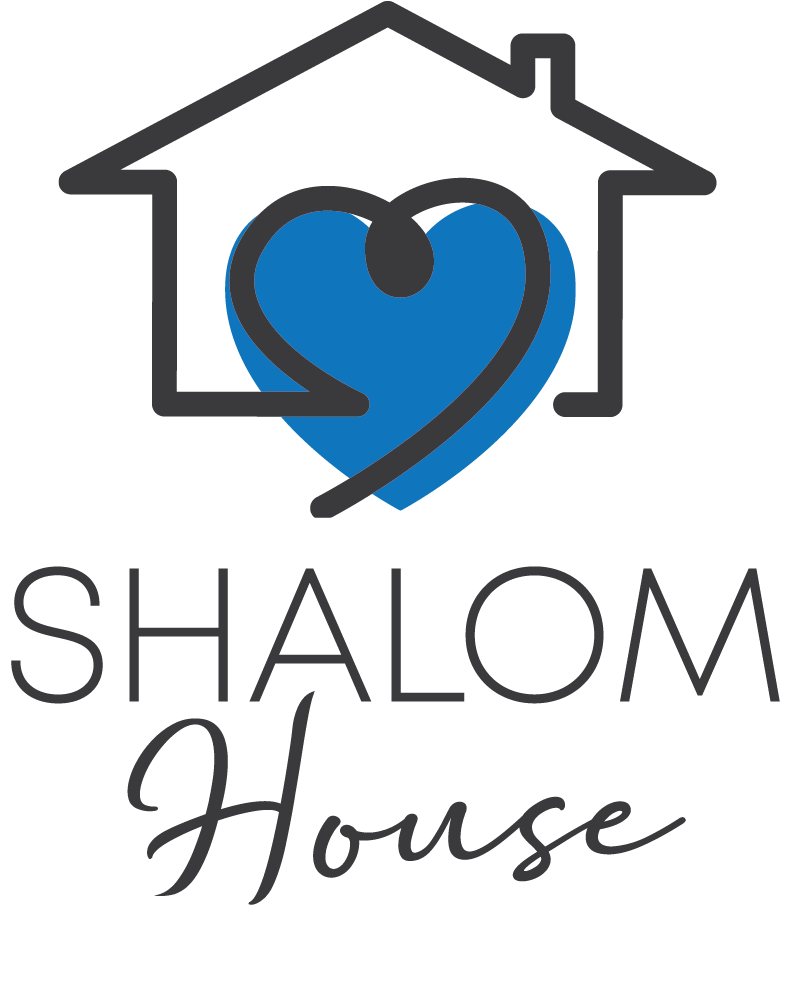The Need
According to the 2021 Homeless Point in Time Survey, there are 358 persons experiencing homelessness in the City of Harrisburg and Dauphin County. In August 2021, the Federal Eviction Moratorium was lifted, eliminating protections for households living with low incomes and increasing the possibility that these households will become homeless as eviction filings did not stop, just the removal process, and unpaid rent and late fees became due. According to the US Census, Pennsylvania had the 4th largest number of renters at risk of eviction (200,000), including 72% of those renters being African American and 149,000 of the women (PA Capital Bureau). Not only does an eviction potentially lead to homelessness, but it also has a significant impact on the mental health of all members of the household, as this loss of home off accompanies the loss of personal belongings, disrupted educational stability, and job loss (urban.org).
Homeless households have three barriers that prevent them from obtaining affordable housing:
Extremely Low Income
The average monthly income for households on CACH’s Coordinated Entry Waiting List for housing opportunities is $846 or 20% of the median income for the City of Harrisburg. The current average Fair Market Rent in the Carlisle Harrisburg Metro Area is $843 for one bedroom, $1074 for a two-bedroom, and $1364 for a three-bedroom unit which is both unaffordable and an extreme cost burden for these households.
High and Increased Cost of Rental Housing
During the Covid Pandemic, rental rates in the Harrisburg-Carlisle Metro Area increased by 16% and in 2020 was the eighth highest in the nation . The average rental rate for properties in the City of Harrisburg was $831 which is unaffordable for homeless households with an average income of $852. The average efficiency unit of $409 results in a 48% rent and a one-bedroom unit with an average rent of $607 would result in a 71.2% rent burden.
Limited Availability of Affordable Housing
Due to their limited income, homeless households need access to affordable housing programs with deep subsidies. Public Housing Choice Vouchers (Section 8) are limited and closed for applications and Public Housing Units are currently only available for persons over 50 years of age. Tax Credit affordable housing units meanwhile remain unaffordable for ELI.
According to The Harrisburg Housing Demand Study, Real Property Research Group, July 2018, there is a deficit of (1,024) rental units for ELI Households and (2,173) for Very Low Income (VLI) Households in the City and a need for 244 very low income (VLI) units for 2021 and 358 by 2022.
“The cost burden situation of many low to moderate income renters is a primary indicator of the need for new affordable housing in the city.
”

